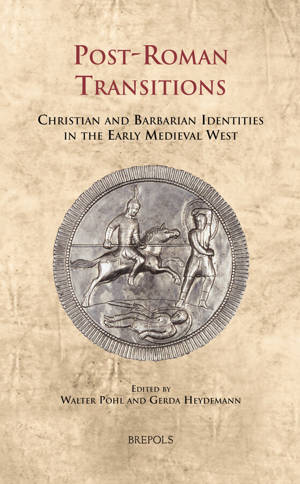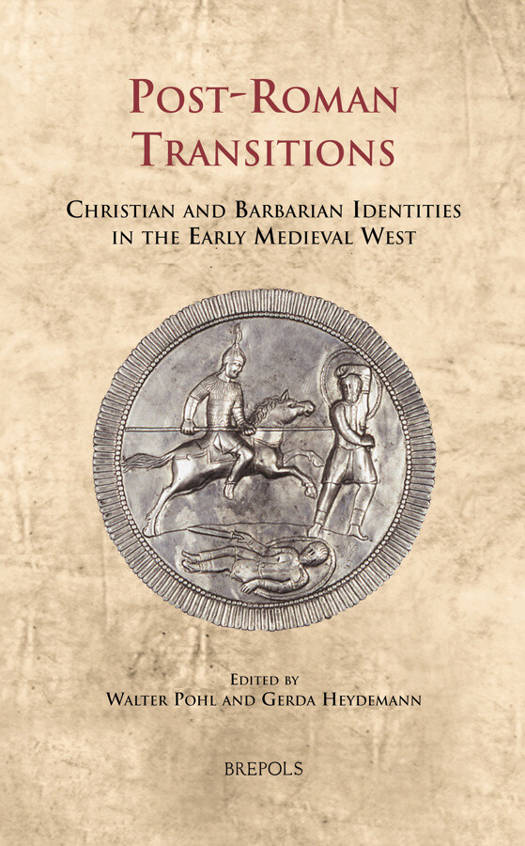
- Retrait gratuit dans votre magasin Club
- 7.000.000 titres dans notre catalogue
- Payer en toute sécurité
- Toujours un magasin près de chez vous
- Retrait gratuit dans votre magasin Club
- 7.000.0000 titres dans notre catalogue
- Payer en toute sécurité
- Toujours un magasin près de chez vous
Description
This volume looks at changing identities during the transition from the Roman Empire to a political world defined by a different kingdoms and peoples in western Europe. It addresses 'ethnicity' in the context of alternative modes of identification, mainly Christianity and Romanness. To widen the horizon of current debates, it shows that the ancient dichotomy between barbarians and Romans is hardly helpful in understanding the complex transitions to a post-imperial age in the West. In a broad sweep of regional examples, from Spain and North Africa to Dalmatia and the British Isles, the book follows the unfolding of Christian and barbarian identities: How were both the Roman and the barbarian past used for the formation and legitimation of new identities? The 'scripts of Romanness' changed in the early Middle Ages, and so did the significance of othering pagans, heretics, or barbarians. The contributions trace the tenacity and the ambiguity of traditional narratives and signs of distinction: manuscripts and material remains, costume and epigraphy, historiography and hagiography were used in creative ways to shape civic, local, or religious communities. Many of the contributions show the fundamental importance of Christian 'strategies of identification' for creating a stronger political role for ethnicity in the post-Roman kingdoms. As such, they follow a line of argument that has also been explored in the book's companion volume in this series, Strategies of Identification: Ethnicity and Religion in Early Medieval Europe (CELAMA 13).
Spécifications
Parties prenantes
- Auteur(s) :
- Editeur:
Contenu
- Nombre de pages :
- 580
- Langue:
- Français
Caractéristiques
- EAN:
- 9782503543277
- Date de parution :
- 15-11-13
- Format:
- Livre relié
- Format numérique:
- Genaaid
- Dimensions :
- 145 mm x 211 mm
- Poids :
- 725 g

Les avis
Nous publions uniquement les avis qui respectent les conditions requises. Consultez nos conditions pour les avis.






